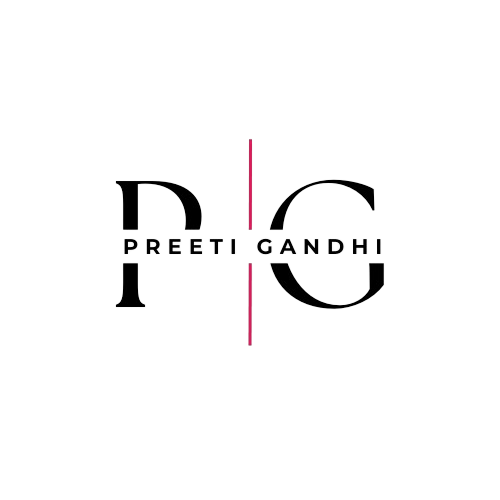We are living in a time where you don’t need a media giant to make a name for yourself. Whether you’re sharing wisdom, showcasing your creative talent, or both, the internet is the platform you need to launch your career as a digital creator and turn your passion into pay checks. If you’ve got a specific niche and cultivated a loyal following, you’re likely to have brands knocking on your door to promote their products.
Certainly, a brand deal sounds amazing. It comes with the potential to enhance your visibility and offers both monetary and non-monetary benefits. However, before you say ‘yes’, it’s crucial to have a clear understanding of the brand’s expectations and how the collaboration may impact your digital presence. Here are some key essentials to watch out for.
Signing Up for Exclusivity
Often, when a brand offers you a deal, they’ll request that you refrain from promoting competing brands. While asking for exclusivity is a sine qua non, especially when collaborating with a prominent brand, it’s important before making this commitment to evaluate whether such exclusivity complements your digital presence and future growth. Also, assess whether the incentives offered by the brand sufficiently compensate for the potential opportunities with other brands that you might have to pass up.
Here are a few aspects to consider while negotiating exclusivity the brand:
· Clearly specify the duration of the exclusivity period — it should typically coincide with the duration of your brand deal and, in some cases, can extend up to six months beyond the deal term.
· Ensure there are no constraints on providing unbiased reviews and critiques of any product or brand, as this retains your credibility.
· Retain the freedom to recommend other products from competing brands (perhaps, with reasonable limitations)
· Insist that any exclusivity only applies prospectively and does not mandate the removal of existing content on your feed that features other brands.
· Consider including a specific list of competing products or brands in your contract that you would refrain from promoting instead of being generally exclusive to the brand.
Who Creates, Who Dictates
Set out clear expectations on the creative control the brand has over the content you create. Is there a script the brand requires you to follow? Is it something that you can negotiate to personalize to suit your style and candour? Good practices mandate that a brand gives you time to try the product and service yourself and offer your honest feedback. However, if a brand has a prerequisite script in all instances, pin the liability of any inaccurate or misleading content that the brand may have included in their script onto the brand. For instance, if a brand expects you to define their product as cruelty-free and the product is not cruelty-free, the brand should take complete onus and save you from any legal claims you may face for a misrepresentation.
Content Delivery
Clarify if you have to deliver the content to the brand for their use or only create the content and post it on your profile. In the case of the former, clearly identify the duration for which the brand can use your content, the platforms where the brand can post the content, and certainly restrict the brand’s ability to make edits to your content. If you are expected to post the content on your profile, clarify the platforms where you are required to post, the duration for which you have to keep the post live, and whether you can monetize the content.
Own Your Content
If the content includes your creativity, be sure to retain ownership rights to the content. For instance, if your niche is financial advisory content and you reference the brand’s financial product as part of your advisory content, then do not let go of rights to the content you created just because it references the brand.
Third-Party Content
Use of Third-Party Content and its legal implications is a detailed subject matter and needs a separate post. However, if you’ve been in the business long enough, you’ve probably had your videos claimed or taken down at least once for not having the permission to a third-party music that you may have inadvertently included in your content and by now you at least know that fair-use is a tricky subject and that use of any third-party content, in general, requires permission. If you are creating content for a brand, make sure there is no third-party content or third-party music that you do not have permission for. Ensure that you also have waivers and permissions from any person that may have contributed in creation of your content. Brands are extremely concerned about this and any unauthorised content will affect your obligations under the contract and as a result, your pay-outs. Conversely, if the brand requires you to use any third-party content, ensure that the brand gets the requisite permission for such use.
Legal Disclaimers
With social media marketplaces becoming a crucial, if not primary, mode of marketing and promotions, laws all over the globe have introduced endorsement guidelines specifically for content creators and influencers, with heavy penalties in case of failure to abide. As an influencer, you have a duty not to mislead your followers and to offer them the transparency they deserve. Keeping this in mind, these guidelines, among other things, require clear disclosure of monetary and material benefits of the brand that you promote. Find out about the relevant laws applicable to your region and be sure that your content is compliant.
This concludes my key insights for brand deals. Of course, each deal is unique, but I’m hoping this will give you a good head start on what to expect and what to ask for. To ensure the best outcome for you, consult an entertainment lawyer who can provide detailed insights that are specific to you and the brand deal in question.

